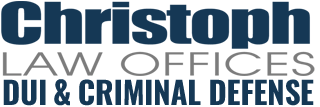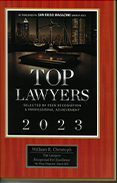A drug DUI carries the same consequences if convicted, but there are differences in how they are handled. A drug DUI does not trigger the DMV suspension at the time of arrest like an alcohol DUI does. They both trigger a suspension if convicted of driving under the influence whether it was alcohol or drugs. This suspension can be immediately converted to a “restricted license” with the filing of the SR-22 proof of insurance, program enrollment and payment of a reissue fee. Any alcohol DUI arrest triggers a four month suspension on a first offense if you are .08 blood alcohol (B.A.) level or more, or under 21 and .01 B.A. or more and you have to set a hearing to challenge that suspension. It cannot be converted to a restricted license until after 30 days of the suspension has passed.
The actual criminal case for a drug DUI is often able to be reduced to a lesser charge like reckless driving because the data on “under the influence” levels is not as clear depending on the type of drug, tolerance, usage, and other factors. The five main factors for any “drunk driving” are still important in settlement discussions. Those factors include “attitude” with the officer, dangerousness of the driving, prior record, field sobriety tests and drug levels. Other considerations are the type of drug, and any mitigating or aggravating circumstances.
Many people mistakenly believe as long as it is not an illegal drug and they have a prescription, that they will not be arrested or charged. The intent of the law is to keep impaired drivers off the road and people can be as much or more impaired on many prescription medications. Attorneys Nicholas and William Christoph have handled over 3000 DUI cases over more than 30 years across from the Vista Courts. Call 760-670-3885 for a free consultation and discussion of your case.










